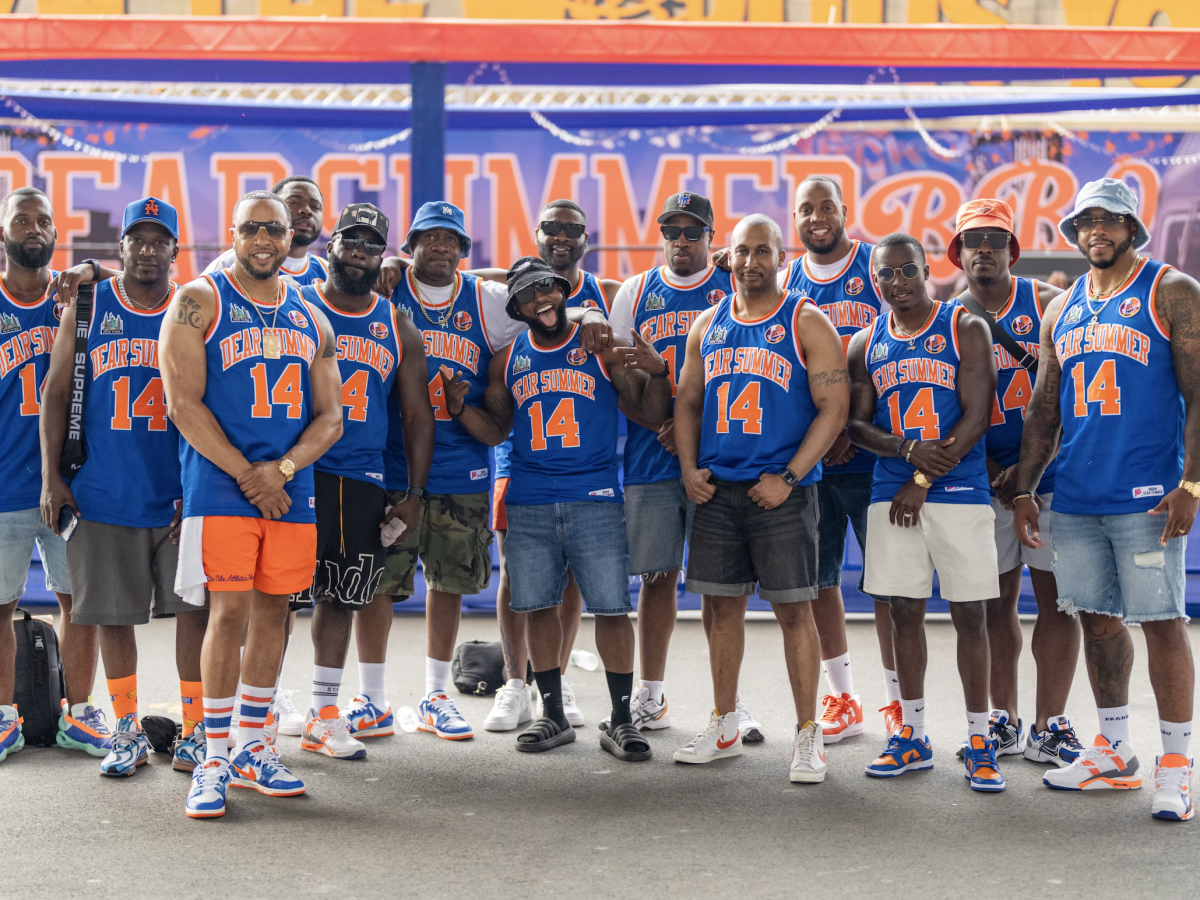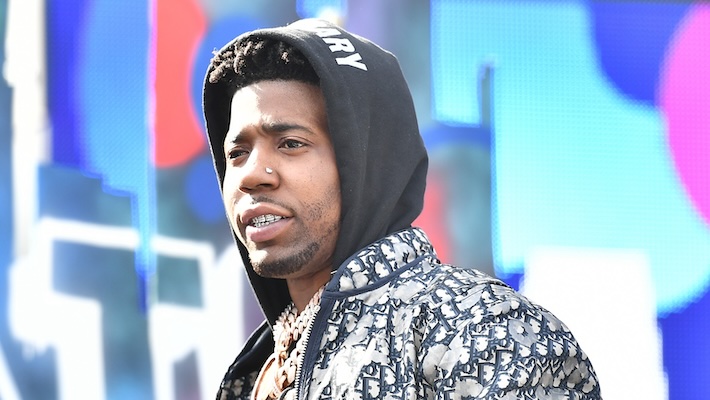
In 2011, a group of seven close friends and alumni from Virginia State University and Delaware State University, bound by their shared love for camaraderie and culture, decided to organize a small cookout at a backyard in Harlem. What began as an intimate gathering of friends has since evolved into , a nationwide event attracting thousands of attendees in cities like Washington, D.C.
, Houston, Atlanta and beyond. This transformation, driven by a passion for community and a commitment to supporting Black-owned businesses, is a testament to the power of collaboration and vision. “We all went to HBCUs, and homecoming is a big thing,” says Shareef Moore, President of The Silent Majority, the organization behind Dear Summer BBQ.

“What started as a backyard barbecue turned into a summer homecoming for young professionals from HBCUs and PWIs alike.” “It was initially called a ‘Love Day,’ because we were showing love to everyone who came out to support us,” Rodney Henry, Vice President of The Silent Majority, added. “We put our money together to get the food, the drinks, and we had certain people on the grill.
We just wanted to show love. It was all about fellowship and having a good time.” As word spread, what started as a local Harlem gathering quickly gained momentum, drawing attention far beyond the city limits.
The event outgrew the backyard, eventually moving to Morningside Park, then later moving to larger venues and expanding into other cities, including Washington D.C., Houston, Atlanta and most recently, Brooklyn, where the event attracted nearly 7,000 attendees.
“We reached a point where we had too many people for the park, so we had to move it out if we wanted to continue to grow,” Moore explained. The motivation to expand was driven by both the founders’ vision and the demand from their community. “People kept asking, ‘When is the next barbecue? Who are you going to have? What color jerseys are you going to have? How are you going to decorate it?’” Henry said.
This feedback from attendees pushed the team to continually elevate the event, making each year bigger and better than the last. But Dear Summer BBQ is more than just a large-scale gathering; it’s a movement that uplifts local economies and spotlights Black-owned businesses. From the beginning, the event’s organizers have prioritized partnering with local vendors in every city they visit.
“We work with a lot of Black-owned businesses,” says Moore. “Whether it’s food trucks or individuals just getting started, we want to see what they bring to the table and how we can make it work for them.” Henry echoes this sentiment.
“We don’t just throw parties; we throw experiences. We pride ourselves on creating a great experience for our patrons, and part of that is ensuring that our vendors feel supported and valued.” This commitment to community extends beyond economic support.
Dear Summer BBQ is deeply involved in giving back to the communities they visit. In New York, for example, the team partnered with the Almighty Force Basketball camp, providing mentorship and a charitable donation. In D.
C., they’ve established connections with two Boys & Girls Clubs (one in Northern Virginia and one in Maryland), organizing community service events that leave a lasting impact long after the music stops and the crowds disperse. The founders of Dear Summer BBQ are motivated not just by their love of a good party, but by the desire to create something that resonates with attendees on a deeper level.
“Every year, the goalpost gets moved,” says Dwaynne Walker-Dixon, who handles marketing for the event, as CMO. “What can we do in 2024 that blows out expectations from 2023? That challenge is what inspires us.” The success of Dear Summer BBQ has not only impacted local businesses but has also inspired the founders to dream bigger.
They’re not just planning events—they’re building a legacy. “The vision is to scale this to a point where ultimately we can use it to help our families down the line and just grow it to be something really special,” said Andrew Robotham, the company’s Chief Financial Officer. “We want to expand to more cities and even across the world.
” As the event has grown, so has its audience. Attendees range in age from 21 to 45, with a strong representation of Black women, who make up 63% of the crowd. “Dear Summer is successful because of Black women,” says Philip Taylor, the project manager for the event.
“They come out in large numbers, provide feedback, and are integral to our success. We outsource certain aspects of the barbecue’s experience to successful Black women entrepreneurs, who contribute to the overall experience in major ways.” The event’s inclusive nature and thoughtful details make it stand out in a crowded market.
“It’s not just about the music or the food,” says Moore. “It’s about creating a family cookout/homecoming experience that people look forward to every year. We’re intentional about everything, from the design of the jerseys to the way we engage with our patrons.
” As Dear Summer BBQ continues to grow, the founders are eyeing new cities and even international expansion. While they’re keeping many of their plans under wraps, they are committed to maintaining the spirit of the event, no matter where it goes. “We’re really big on community service and giving back,” says Moore.
“Every city we visit, we make sure to do something for the community.” Reflecting on the journey from a small cookout in Harlem to a nationwide phenomenon, the founders are proud but far from complacent. “We’re just getting started,” says Henry.
“The feedback we get from our attendees keeps us motivated to keep pushing the envelope.” As the event prepares to expand further, it’s clear that Dear Summer BBQ has become more than just an event—it’s a cultural touchstone that celebrates Black joy, supports Black businesses, and brings communities together..














